U.S. Revives Student Visa Process with New Social Media Screening Requirement
As international students eagerly await the reopening of U.S. consulates for visa interviews, a significant change has been announced in the application process. The U.S. State Department is now mandating that foreign students applying for visas must provide access to their social media accounts for review, a step that underscores the administration’s focus on security and ideological vetting.
On Wednesday, the State Department revealed the resumption of the previously halted student visa process. However, it introduced a crucial caveat: applicants who fail to make their social media profiles public may face rejection. This policy aims to identify any online activity or posts that could be perceived as antagonistic towards the United States and its core values.
Previously, in May, the Trump administration had temporarily paused the scheduling of new visa interviews as it prepared to intensify the screening of social media activities. This resumption of visa processing comes as a relief to many prospective students who have been closely monitoring updates from the State Department, hoping to secure interviews and finalize travel plans before the academic year begins.
A Chinese Ph.D. student in Toronto, who wished to be identified only as Chen, expressed his relief at securing a visa interview appointment. Chen, who plans to undertake a research internship in the U.S., shared, “I’m really relieved. I’ve been refreshing the website a couple of times every day.”
In addition to the social media scrutiny, the State Department has instructed consulates to prioritize students applying to universities where international students constitute less than 15% of the student body. This measure affects nearly 200 U.S. universities, including prestigious Ivy League institutions and several public universities.
The heightened examination of international students is part of broader efforts by the administration to tighten immigration controls. Earlier, the government revoked the study rights of numerous students, only to reverse the decision amid backlash. Additionally, there’s a push to limit foreign student enrollment at institutions like Harvard University to 15%.
Jameel Jaffer, executive director at the Knight First Amendment Institute at Columbia University, criticized the new policy, likening it to Cold War-era ideological screenings. “This policy makes a censor of every consular officer, and it will inevitably chill legitimate political speech both inside and outside the United States,” Jaffer commented.
Meanwhile, the administration has urged 36 countries to enhance their traveler vetting procedures or risk their citizens being barred from entering the U.S. These nations have been given 60 days to comply with U.S. demands or face potential inclusion in an existing travel ban.
This article was originally written by www.npr.org

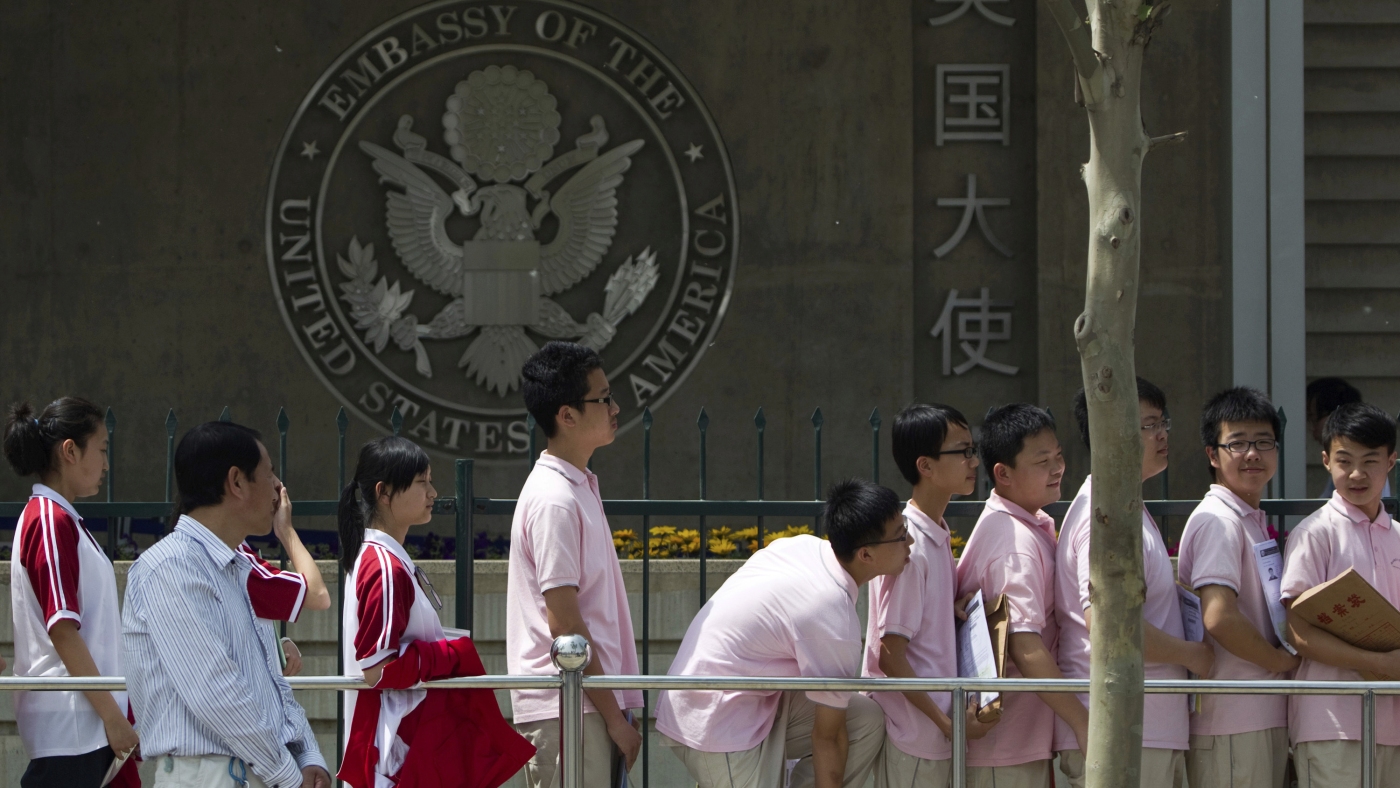
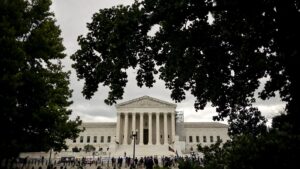
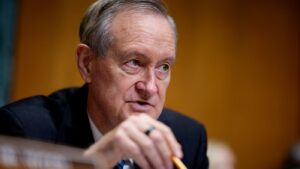

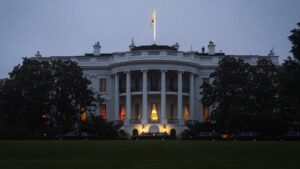
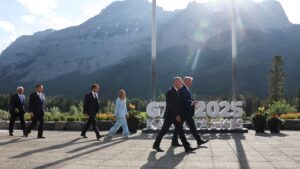
Be First to Comment